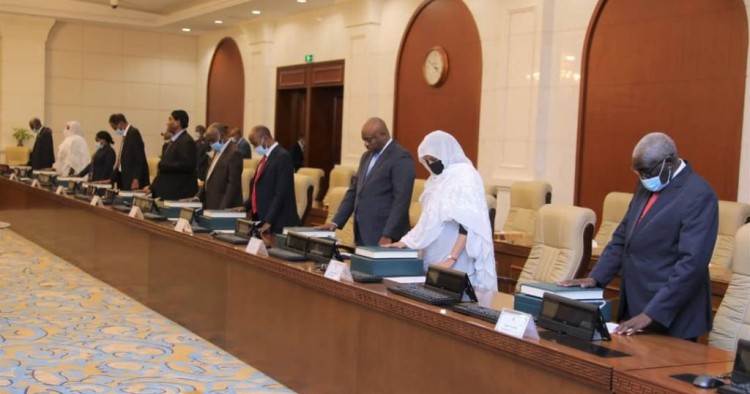Contents:
- Sudan’s new cabinet faces major challenges
- Saudi Arabia looks for ways to reduce friction with the US
- The “Crete model” is unlikely to resolve the Turkey-US S-400 dispute
- The Houthi FTO designation was born dead but the damage is already clear in Marib
- Moscow visit highlights Iran’s intra-regime rivalry
- Athens meeting builds on burgeoning eastern Mediterranean-Gulf ties
- Putting Pakistan’s controversial Senate elections into context
Sudan’s new cabinet faces major challenges
David H. Shinn
Non-resident Scholar
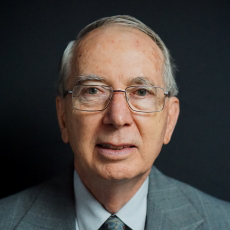
On Feb. 8, Sudanese Prime Minister Abdalla Hamdok named a new and expanded, 25-member transitional cabinet that is far more diverse and political in composition than its technocratic predecessor. Hamdok retained only five members of the previous cabinet, including the minister of defense, who is nominated by the army. The Forces for Freedom and Change, which led the anti-government protests in 2019 that deposed President Omar al-Bashir, played a key role in the selection process.
An important factor in the timing was the need to fulfill the peace agreement last October with rebel groups in western Sudan; several of its leaders were brought into the new cabinet. The long-standing Umma Party holds four of the portfolios, including minister of foreign affairs, held by former Prime Minister Sadiq al-Mahdi’s daughter, Mariam al-Sadiq al-Mahdi. The army named the new minister of interior, as in the previous cabinet. Other ministers come from a variety of organizations ranging from the National Ba’ath Party to the Beja Congress. There are only four women in the new cabinet. Hamdok explained that it took months to reach a consensus on the cabinet’s composition.
The immediate challenge facing the government is the desperate economic situation. Prices of basic commodities are extremely high and there are shortages of bread and fuel, a situation that in the past has led to serious anti-government protests. The inflation rate reached 141% in 2020; Sudan needs to stabilize the national currency. The COVID-19 pandemic remains out of control. The cabinet must implement the fragile peace agreement with rebel groups that have joined the government and seek to negotiate an accord with those groups that have not yet signed on. It must reform the security sector, enact election laws, and hold a Constitutional Conference leading to a permanent government.
The cabinet also faces several regional challenges. Sudan is caught in the middle of the dispute between Egypt and Ethiopia over the Grand Ethiopian Renaissance Dam on the Blue Nile near the Sudan border. It is engaged in a border conflict with Ethiopia and recently received 65,000 refugees from Ethiopia’s continuing conflict in the Tigray Region.
Follow on Twitter: @AmbShinn
Saudi Arabia looks for ways to reduce friction with the US
Gerald M. Feierstein
Senior Vice President

Expectations have been high that the Biden administration would undertake a major course correction with Saudi Arabia once it assumed office. During the Trump presidency, there was frustration in Congress and the public with what was perceived as the Trump administration’s overly cozy, “blank-check” approach to relations with Riyadh. The Saudi intervention in Yemen’s civil war and concerns over violations of human rights and civil liberties in the kingdom as well as against perceived Saudi dissidents abroad, culminating in the brutal murder of Saudi journalist Jamal Khashoggi, topped the bill of particulars against the Saudis. Questions about the role that Crown Prince Mohammed bin Salman played in these controversial decisions were frequent.
As a candidate, President Joe Biden harshly criticized the Saudi leadership, at one point declaring that making the country a “pariah” would be his policy. Senior members of the new administration similarly expressed grave misgivings about Saudi policies and the U.S. approach.
The Saudi response thus far has emphasized efforts to align with the new administration. In their first telephone conversation, Secretary of State Anthony Blinken and Saudi Foreign Minister Faisal bin Farhan reportedly reviewed issues of regional concerns as well as re-visiting the historic nature of the bilateral relationship. The Saudis welcomed President Biden’s announcement of a new U.S. strategy toward ending the conflict in Yemen. In their announcement, the Saudis focused on the president’s reiteration of the U.S. commitment to defend Saudi territory and borders rather than the demand that the Saudis end their offensive operations inside Yemen. Houthi belligerence in the days after the president’s announcement, including new attacks into Saudi Arabia as well as inside Yemen, have reduced the focus on the Saudi military campaign.
The Saudis have also taken steps to reduce pressure on their domestic civil rights record, which Secretary Blinken raised in his call with Prince Faisal. Of particular note, the release of Saudi women’s rights campaigner Loujain al-Hathloul is a welcome reverse of the Saudi government’s previous hardline approach to human rights activists and indicates Saudi efforts to accommodate Washington’s concerns rather than fight them, at least for the time being.
The “Crete model” is unlikely to resolve the Turkey-US S-400 dispute
Gönül Tol
Director of Turkey Program and Senior Fellow, Frontier Europe Initiative

Turkey’s purchase of the Russian S-400 missile defense system has been a major problem in Ankara’s relations with Washington. The U.S. is worried that the Russian system could compromise NATO defenses. But there are other worries as well. Many in the U.S. Congress think that Turkey’s purchase of the S-400 was a political decision made by President Recep Tayyip Erdoğan without even consulting with the Turkish military and that this could be the first of many potential future steps he could take to cultivate even closer defense ties with Russia. The Turkish side has refuted these claims. Ankara has long argued that the decision was a technical, not a political, one, mandated by Turkey’s need for missile defense and repeated the false claim that it was forced to buy the Russian system because the U.S. failed to sell it the Patriots. Erdoğan has long sworn he would not back down on the issue, saying the S-400 would be operationalized and even that a second regiment would be purchased. Former President Donald Trump bought Turkey’s narrative and did everything he could to shield the country from the congressionally mandated sanctions until he couldn’t. In his final days in office and after sustained pressure from the Congress, Trump decided to impose sanctions, which were a lot less severe than what is allowed under the law. But Turkey’s troubles are not over.
Secretary of State Anthony Blinken signaled that if the sanctions do not change Turkey’s behavior, harsher measures could follow. In response, Turkey finally seems to have budged. In remarks that signaled a softening of Turkey’s insistence on making use of the Russian air defense system, Defense Minister Hulusi Akar has said Turkey could keep the system but not use it frequently, just like Greece, which has a Russian S-300 air defense system on the island of Crete. The S-300s were originally purchased by Cyprus in the 1990s, but after Turkey’s objections they were moved to Crete. The system is activated by the Greek armed forces every once in a while, during joint drills with Israel. Ankara thinks the “Crete model” is a win-win for both sides, but it is unlikely to convince the U.S. Ankara’s proposal undermines its own narrative and reinforces Congress’ view that it was a political decision, increasing the mistrust between the two sides. In light of this growing mistrust and absent a mechanism that allows the U.S. to verify Turkey’s non-use of the system, Washington is unlikely to seriously consider Ankara’s suggestion.
The Houthi FTO designation was born dead but the damage is already clear in Marib
Ibrahim Jalal
Non-Resident Scholar
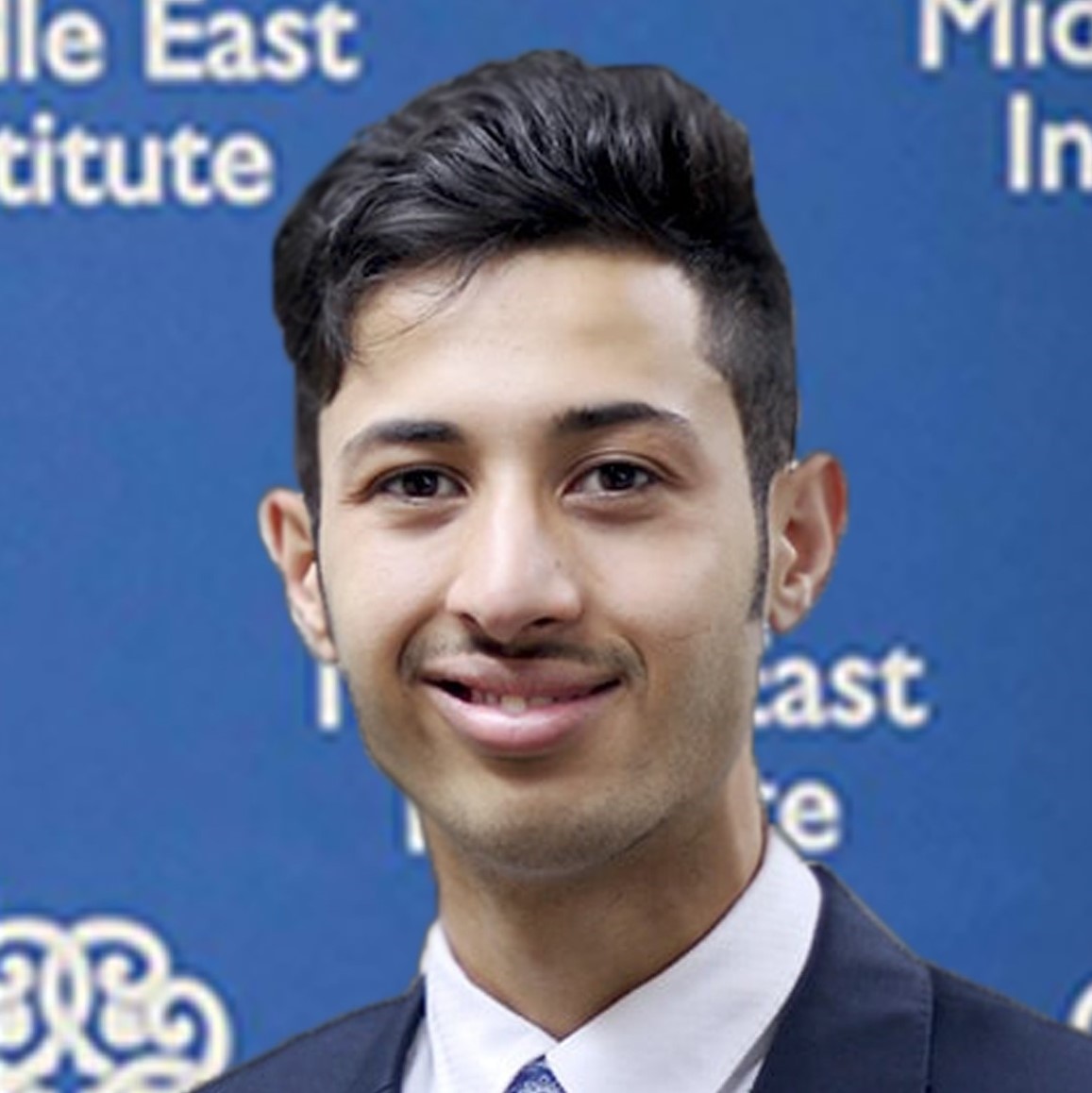
The revocation of the Houthi designation as a foreign terrorist organization (FTO) takes effect on Feb. 16, as U.S. State Secretary Antony Blinken confirmed a few days ago, in an effort to assuage concerns over the potential impact on Yemen’s humanitarian crisis. While the reversal makes the delisting of the Houthi rebels historic in terms of its speed, the Houthis’ hostile activities inside and outside Yemen continue unabated, and the timing of the decisions by both the former and current secretaries of state, Mike Pompeo and Blinken, are ill-considered and largely detached from events on the ground in Yemen. Had the Trump administration been serious about holding the Houthis accountable for their activities, it would have doubtless listed them as an FTO when the “maximum pressure” campaign against Iran began, as opposed to doing so at the last minute before leaving office. As a high-level Yemeni official put it to the author, “The U.S. Houthi designation was born dead.”
On the contrary, the Biden administration — which prioritized the Yemen file in the early days by pausing and then reversing the FTO designation, appointing a special envoy to Yemen, and curtailing offensive support for the Saudi-led coalition in the run-up to resetting U.S.-Iranian relations — could have, firstly, used, and secondly, extended the month-long FTO pause to fully review the U.S.’s Yemen policy by May 2021. Extending the pause would have allowed it to address the economic repercussions and humanitarian concerns at stake, while enabling the U.S. and the international community to hold the Houthis accountable for their escalations and incentivize a change in their uncompromising positions. For instance, the list of issues that require urgent compromises include defusing the floating bomb, the FSO Safer, in the southern Red Sea, ending hostilities in Marib, and halting the diversion of aid.
Instead, Pompeo’s last-minute Houthi listing and Blinken’s quick delisting emboldened the Houthis to reignite a fierce battle for Marib across more than 15 frontlines, as well as to target Abha Airport in Saudi Arabia and question the U.S.’s FTO doctrine more broadly. Mohammed Ali al-Houthi, a senior Houthi leader, said, “Blinken’s announcement confirms the classification error … and that the enemies testify that Ansar Allah [the Houthis] are the protectors of Yemen. Therefore, any future FTO decision will have no legitimacy.” Certainly, the U.S. has sent the wrong message and conceded leverage vis-à-vis the Houthis at no cost, in part to pave the way for a renewal of the Iran nuclear deal by seeking a quick diplomatic victory in Yemen.
For many Yemenis who have lived through the horrific consequences of the September 2014 armed rebellion, however, the FTO debate was a voice amplifier, allowing external audiences to better understand the reality of the Houthi insurgency. For anyone interested in comparing FTO designation criteria against the Houthi track record, Yemenis on Twitter created an organic digital archive of more than half a million tweets under two hashtags: #HouthiTerriorismInYemen and #StopHouthiTerriorismInYemen.
Given the free, unconditional win America offered the Houthis and the damage the FTO listing might do to Yemeni businesses despite its revocation, many Yemenis hoped the designation process would have been handled better. For now, Marib, which hosts more than 2 million internally displaced persons, is paying the heavy price of contradictory U.S. signals.
Follow on Twitter: @ibrahim4Yemen
Moscow visit highlights Iran’s intra-regime rivalry
Alex Vatanka
Director of Iran Program and Senior Fellow, Frontier Europe Initiative
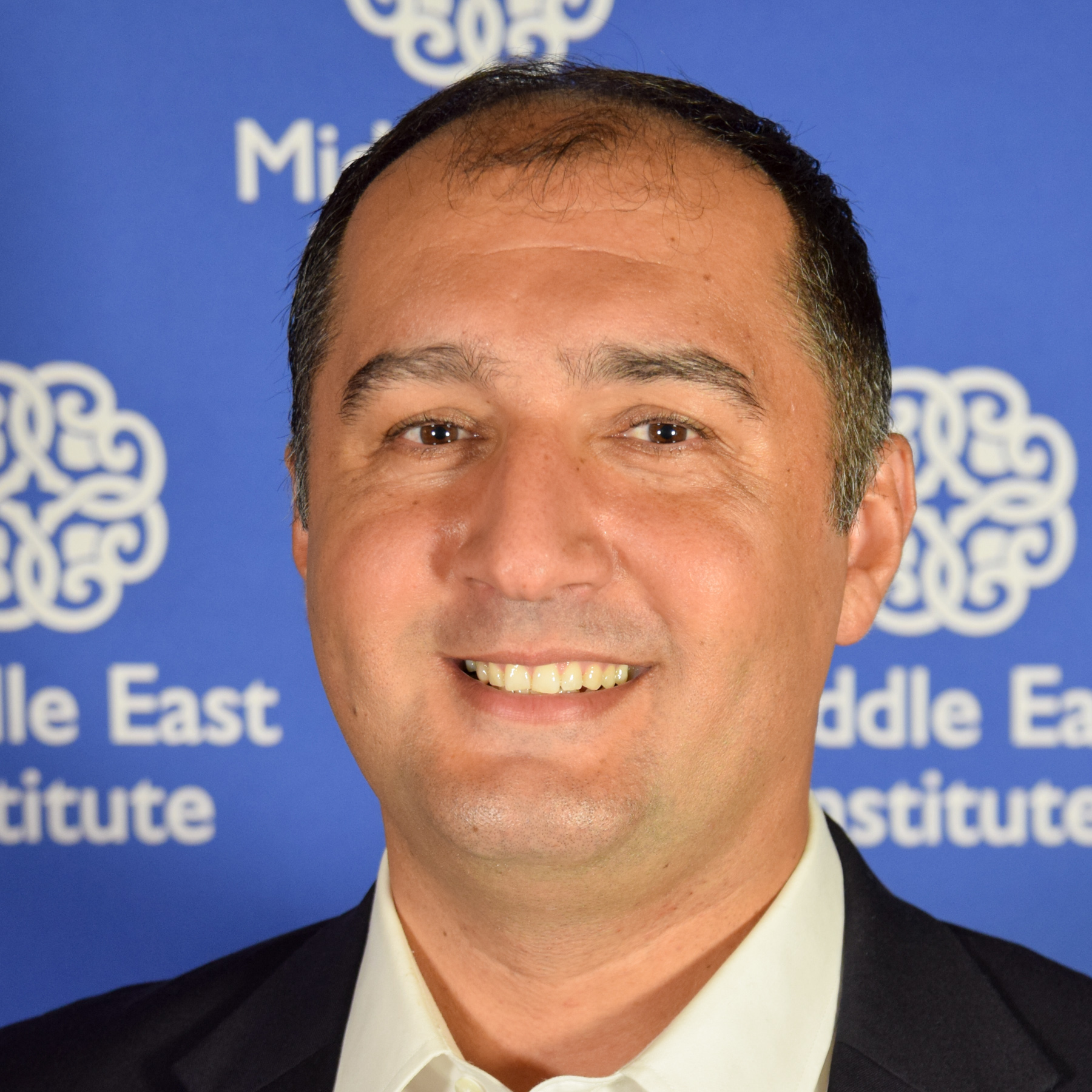
The visit last week by Iran’s speaker of Parliament, Mohammad Bagher Qalibaf, to Moscow once again illustrated Tehran’s inability to resuscitate its ailing and disjointed foreign policy. On a collective level, the Iranian leadership is stuck between adhering to an outdated Islamist ideological doctrine and choosing to take decisions that will advance the Iranian national interest. As Qalibaf’s visit to Moscow showcased, factions inside the Iranian regime voice foreign policy preferences purely based on what is politically convenient for them in the short term as they jockey for power in Tehran.
Qalibaf, a repeated failed presidential candidate but someone who might still choose to run in the June 2021 elections, evidently wanted a photo op with Russian President Vladimir Putin to elevate his stature. Putin’s unwillingness to meet Qalibaf, citing COVID-19 health protocols, has led to speculation about Moscow’s game plan, but the episode has highlighted two undeniable truths. First, after 42 years in power, the Islamic Republic’s foreign policy decision-making process continues to be a jumble. Qalibaf, who has no formal foreign policy role, was in Moscow to hand-deliver a letter to Putin from Supreme Leader Ayatollah Ali Khamenei that Tehran will not neglect Russian interests as it ponders possible talks with the Biden administration.
This takes us to the second reality. The choice of Qalibaf as the messenger, as opposed to Foreign Minister Javad Zarif, only makes sense if seen in the context of intra-regime rivalry. The hardline camp in Tehran, from which Qalibaf hails, propagates the narrative that the U.S. and the West in general is in decline, the global balance of power is shifting “East,” and that it is ties with countries like China and Russia that Tehran should prioritize. This reading is not based so much on hard evidence as it is rooted in a wish for it to be true. The hardline camp appears to be hellbent in its conviction that any easing of tensions with Washington will be a net political loss for them. In the meantime, the ability of Russia to be a savior of the Islamic Republic is vastly exaggerated. Moscow surely enjoys the reverence the hardliners in Tehran have for it, but it is not blind to the pitfalls of being overly partisan in relation to the intra-regime competition in Tehran, which is perhaps why Putin refused to meet Qalibaf.
Follow on Twitter: @AlexVatanka
Athens meeting builds on burgeoning eastern Mediterranean-Gulf ties
Mirette F. Mabrouk
Senior Fellow, Director of the Egypt program
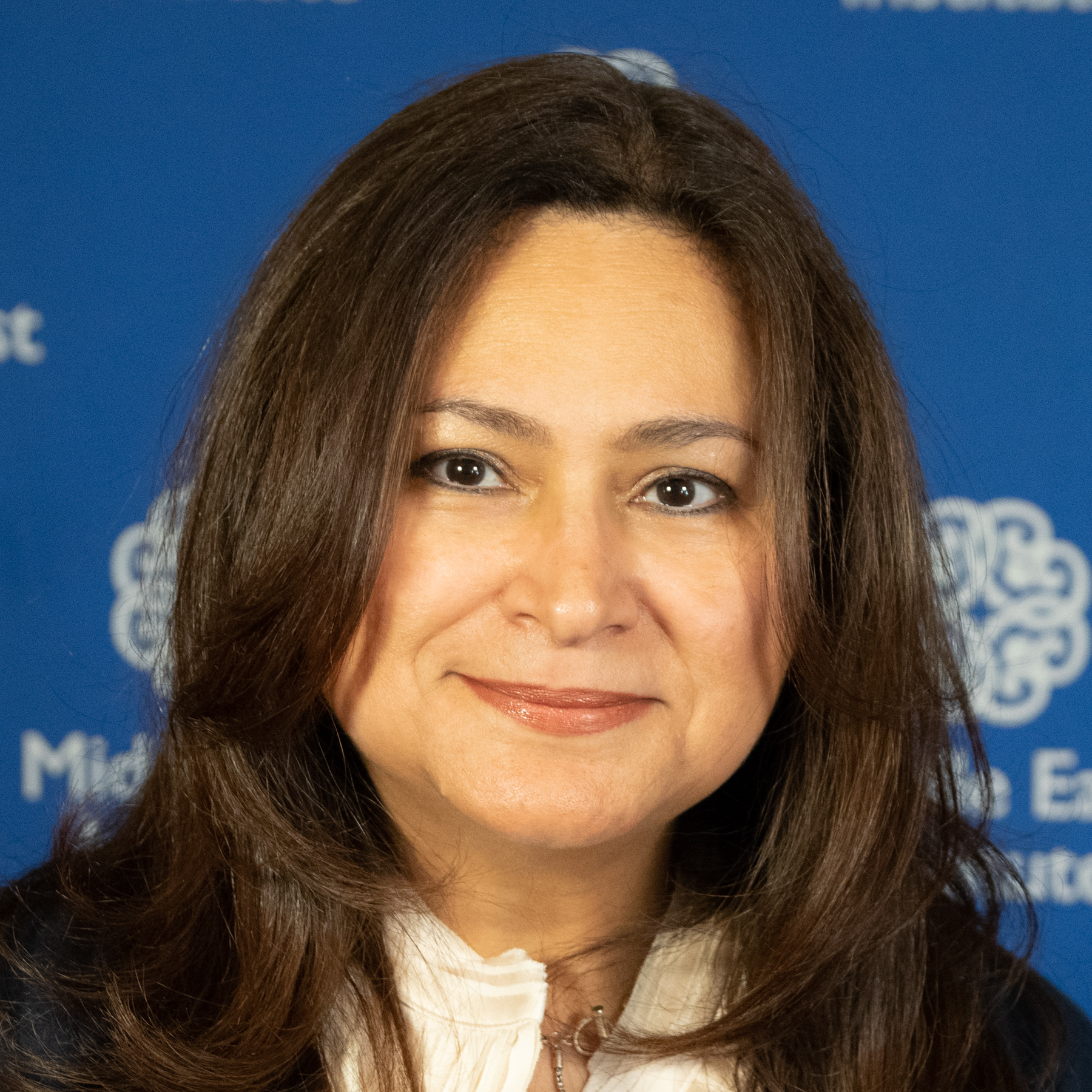
Last week ministers from Bahrain, Cyprus, Egypt, France, Greece, Saudi Arabia, and the UAE met for the Philia Forum in Athens, to discuss regional cooperation, noting that, “Respecting international law and national sovereignty, and pursuing peaceful resolutions to disputes, are the recipe for regional security and stability.” Unofficially, the conspicuous absence of Turkey would indicate the meeting was part of an ongoing trend of forging new alliances and shoring up existing ones.
Cyprus, Egypt, and Greece, which held additional meetings on the sidelines of the conference, are already in close, regular contact. They’re part of the Eastern Mediterranean Gas Forum (EMGF), an organization based in Cairo that also includes Israel, Italy, Jordan, and Palestine, and which essentially aims to promote the business, and political, interests of its members. The EMGF charter goes into effect on March 1 of this year and both France and the U.S. have requested observer status.
The press release that resulted from the side meetings between the three countries mentioned that they welcomed the new Libyan unified interim executive authority whose members were chosen by the Libyan Political Dialogue Forum (LPDF) in Geneva, describing it as “an important state” to ensure that fair and comprehensive elections are held on Dec. 24, 2021. It also noted the importance of "effective implementation" of the cease-fire in Libya and a full withdrawal of all foreign fighters and mercenaries. Most pointedly, the statement rejected “any foreign intervention (in Libya) as unacceptable.” Egypt, Greece, and Cyprus also reaffirmed their respect of the sovereignty of states in their maritime zones in the east Mediterranean in accordance with international laws, including the U.N. Convention on the Law of the Sea, and condemned any activities that violate the law, with “all agreements concluded in violation of international law … null and void.” That last statement is almost certainly in reference to the MOU on maritime exploration rights that Turkey signed with former Government of National Accord head Fayez al-Sarraj.
The conference was also an important way to cement alliances: Cyprus, Greece, and Egypt would all like international support in countering tensions with Turkey and the Gulf countries have long decided that their own diplomatic efforts, independent of occasionally unreliable superpower support, are the best ways to ensure their own security and prosperity.
The countries have also stepped up military cooperation; last December’s Medusa 10 exercises were a series of naval and aerial drills between Cyprus, Egypt, Greece, France, and the UAE with Saudi Arabia, the U.S., Bahrain, Sudan, Jordan, Italy, and Germany participating as observers.
Israel, a member of EMGF, was not present at the forum, which might explain the statement following the Cypriot-Egyptian-Greek meeting that stressed “the need to preserve the nature and form of the Palestinian territories based on the 1967 borders,” calling for the establishment of “an independent and viable Palestinian state based on the June 4, 1967 borders, living side by side in peace and security with Israel,” and a renewal of the call for “the implementation of the U.N. Security Council’s resolutions that stipulate the need for complete and immediate halt of Israeli settlement activities, including those in East Jerusalem.”
Turkey, however, was neither present, nor pleased. A statement by the Turkish foreign ministry said it was “not possible for any forum not including Turkey, the key country in its region, and Turkish Cypriots, to constitute an effective and successful mechanism of cooperation and friendship with regard to the challenges in the region."
There are reasons to look beyond the sabre rattling, however: Athens and Ankara, both NATO allies, recently restarted talks to address sovereignty rights in the eastern Mediterranean and are set to meet again next month.
Follow on Twitter: @mmabrouk
Putting Pakistan’s controversial Senate elections into context
Marvin G. Weinbaum
Director, Afghanistan and Pakistan Studies

Pakistan and the Pakistan Tehreek-e-Insaf (PTI) government are caught up in multiple domestic battles. Popular discontent with the country’s alarmingly high inflation has unleashed strong protests against government economic policies, including one recently by federal employees demanding substantial salary increases. The government also faces pressure from a judiciary that is investigating foreign financial investment and corruption scandals. The political opposition, alleging government incompetence, continues to agitate for new elections and plans a massive demonstration late next month. Among other challenges, the Imran Khan regime is fending off critics of its handling of the pandemic.
Despite those developments, the attention of the country’s political class is mostly occupied by upcoming elections to Pakistan’s Senate, particularly the issue of whether a parliamentary vote to fill 48 seats should be open or closed. At stake is control of the upper house, which, as the last bastion of opposition strength, has kept the ruling party coalition from consolidating national power. The Khan government has maneuvered for an open vote amid wide concerns about possible horse-trading, vote buying, blackmailing, and military involvement. The PTI’s Senate nomination process has also created dissension within the ruling party’s ranks in Punjab Province, where most contests are usually decided. In a Senate election where the PTI government is still expected to prevail, the final word in the ballot dispute may belong to the Supreme Court.
Before the Senate elections take place on March 3, an embattled Islamabad government will be undergoing international scrutiny as it again faces review by the multi-national Financial Action Task Force (FATF). With talks scheduled for Feb. 22, Pakistan will seek to demonstrate its compliance with the final points of the original 27-point FATF list of demands for curbing domestic terrorist financing. Pakistan hopes for removal from the group’s “gray list” and avoidance of being placed on its blacklist, which would close off its access to global financial markets and deliver a crushing blow to trade and foreign investment. Additionally, Imran Khan, who had spent his entire political career railing against political corruption before coming to office, is confronted with Pakistan’s embarrassing drop in the latest Transparency International Corruption Perception ranking. Set against the more persistent domestic worries for Pakistan’s leadership, the storm over the critical Senate elections is at least transient.
This article was co-authored by Ghasharib Shoukat and Jack Ryan, research assistants to Marvin G. Weinbaum.
Follow on Twitter: @mgweinbaum
Photo by Sudanese Presidency / Handout/Anadolu Agency via Getty Images
The Middle East Institute (MEI) is an independent, non-partisan, non-for-profit, educational organization. It does not engage in advocacy and its scholars’ opinions are their own. MEI welcomes financial donations, but retains sole editorial control over its work and its publications reflect only the authors’ views. For a listing of MEI donors, please click here.













